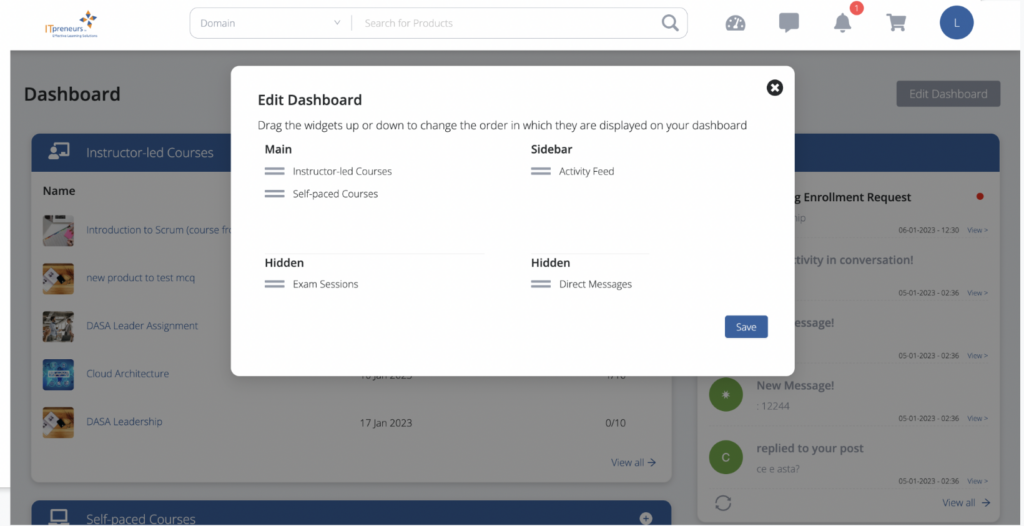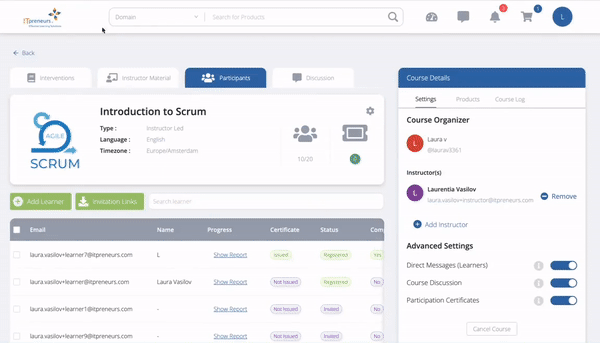Last year, I received an interesting link. It’s about the 2013 Corporate Learning Factbook. Reading this with my Simulation-focused-spectacles on, I discovered three interesting items that struck me:
- Despite the high levels of unemployment, skills are hard to find.
- Today, employees want their training to include video and games. Important items are “learner experience”, and training is highly tailored to the working environment of the employers.
- Training is also an engagement and retention tool; it brings people together into a common culture.
Simulations are great instruments to develop the right skills, to develop the corporate culture, to solve the issues that are relevant to be fixed.
Reason 1 – We Need to Develop Skills to Do Our Work Better
Let’s focus on the word “skills”, meaning “the ability to do something well; expertise”. Skills are what you need in order to apply the theory gained from reading a book, a class or an e-learning intervention into day-to-day work. It is this skill that will be developed in a one- day simulation. Without the skills (and the knowledge), the participant will not be able to solve all issues. It requires communication, teamwork, decision making and many more such “soft skills”. One full day, with the whole team acting in a realistic environment; working on the issues that are relevant for the team, experimenting with new ways of working, and practicing new skills, can achieve significant improvement gains. And on top of all this, it’s not that expensive! In fact, it can cost less than Euro 400 per participant. Improving work performance with 1% already gives a significant part of your ROI.
Reason 2 – We Need to Fix Issues that Are Relevant for Our Work
During the intake of a new serious business simulation, one of the crucial questions to explore is, “What problem do you want to solve?”. We want to customize the simulation in such a way that we make sure we focus on the issues that need to be solved. If the issue is lack of communication, then during the simulation we will focus on this item during the entire day:
- The customer will react/give feedback if the team does not communicate well.
- We will reflect on the communications and explore how it went.
- We will make improvements in the simulation process to improve communications.
- We will create an action list to be taken back to work to apply the lessons learned into day-to-day work.
This is all based on the wish situation. This is a clear description of the behaviors we all want to see in our day-to-day work. Using the 8-field-model.
Focus on the things that matter:
- Creates motivation in the team to learn and apply. A simulation is a perfect instrument to customize the learning intervention to create more ROI.
Reason 3 – Brings People Into a Common Culture
Playing together means learning together. We know this from our childhood. Discussion and dialogue are great interventions to test each others’ position. It develops the way we think about “things”. We develop, “This is the way we do it here!”. We call this the culture of the company.
It is much more powerful to work together creating and testing this culture than to just listen to the boss who is telling us about the culture in the company.
So, simulations are great instruments to develop the right skills, to develop the corporate culture, to solve the issues that are relevant to be fixed.
I want to invite you to read some of our articles on the GamingWorks blog and learn more about the value of simulations.
About the author

Specialties: Coaching Management Teams
Action Learning Programs
Management Development Programs
Simulation Games




